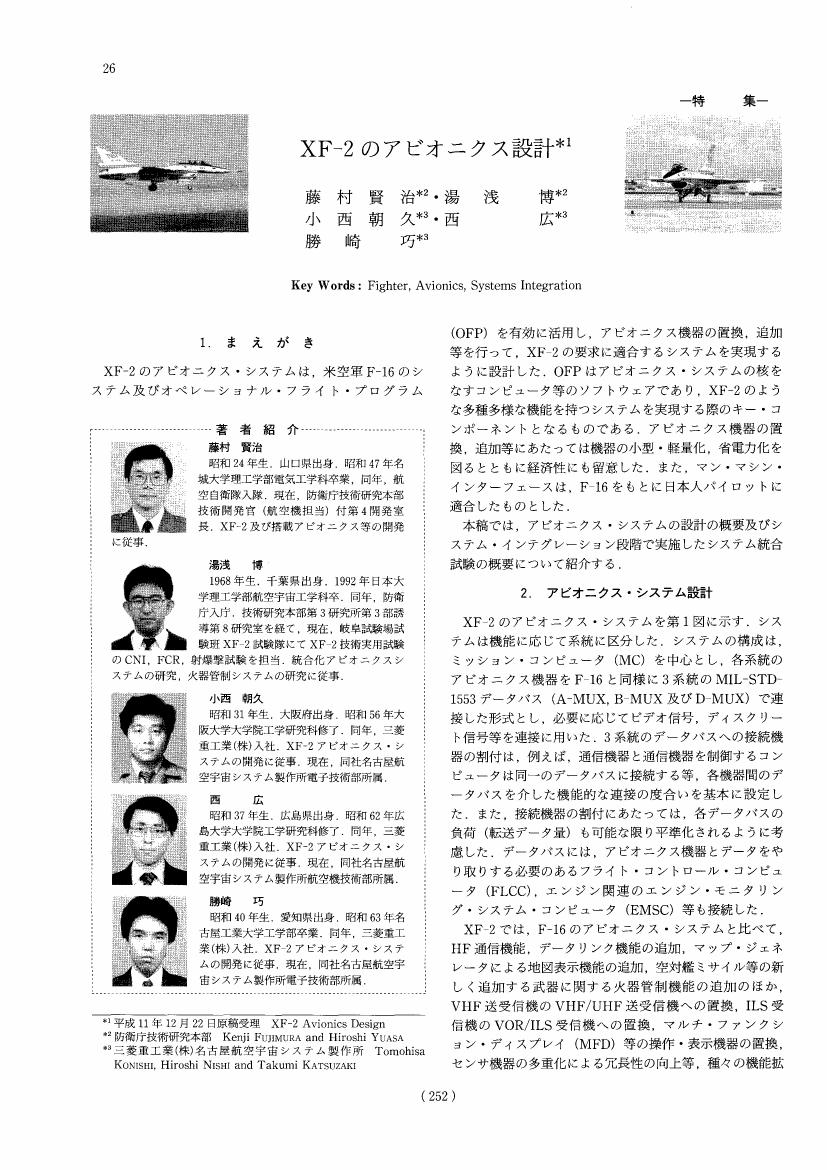14 0 0 0 OA XF-2のアビオニクス設計
- 著者
- 藤村 賢治 湯浅 博 小西 朝久 西 広 勝崎 巧
- 出版者
- 一般社団法人 日本航空宇宙学会
- 雑誌
- 日本航空宇宙学会誌 (ISSN:00214663)
- 巻号頁・発行日
- vol.48, no.555, pp.252-256, 2000-04-05 (Released:2019-04-11)
- 著者
- 井上 勝央 湯浅 博昭
- 出版者
- 公益社団法人 日本ビタミン学会
- 雑誌
- ビタミン (ISSN:0006386X)
- 巻号頁・発行日
- vol.84, no.10, pp.472-479, 2010-10-25 (Released:2017-10-10)
- 参考文献数
- 46
Folates are essential cofactors that are required for the provision of one-carbon moieties in key biosynthetic and epigenetic processes. Mammals cannot synthesize folates. Hence, dietary sources must meet metabolic needs, necessitating an efficient intestinal absorption mechanism. It has been suggested that absorption of folates involves carrier-mediated process with a low-pH optimum. Its molecule entity had long been unclear, but it was only recently that proton-coupled folate transporter (PCFT/SLC46A1), which was originally cloned as a heme transporter, was redefined as a transporter that mediates the translocation of folates across the cellular membrane by a proton-coupled mechanism. Since this discovery, studies on PCFT/SLC46A1 have been progressing rapidly, accumulating evidence for its role as the major folate transporter in the intestine. In this review, we summarize up-to-date information on this newly identified transporter, and describe its physiological significance in intestinal absorption and cellular distribution of folates and antifolate drugs such as methotrexate.
